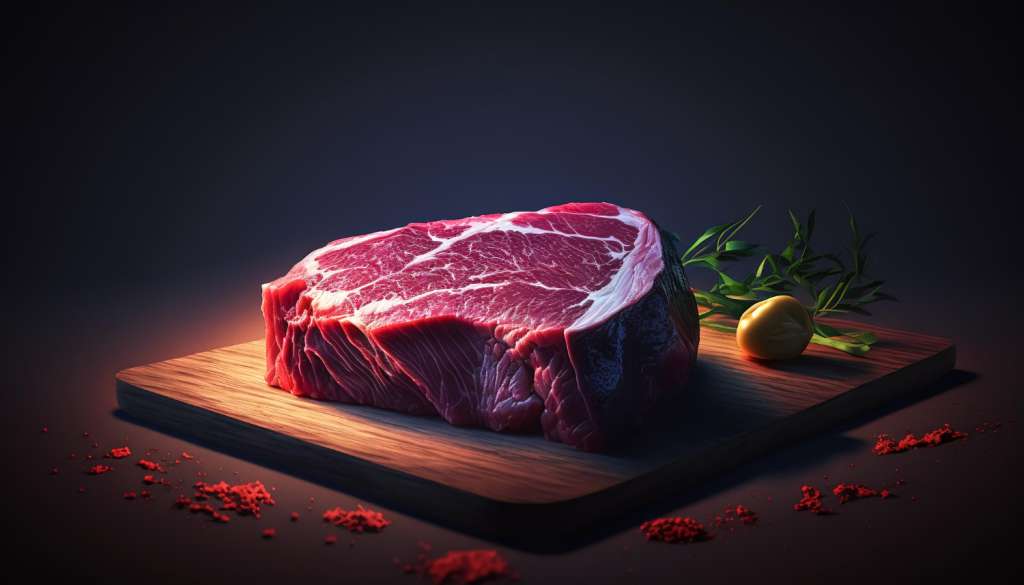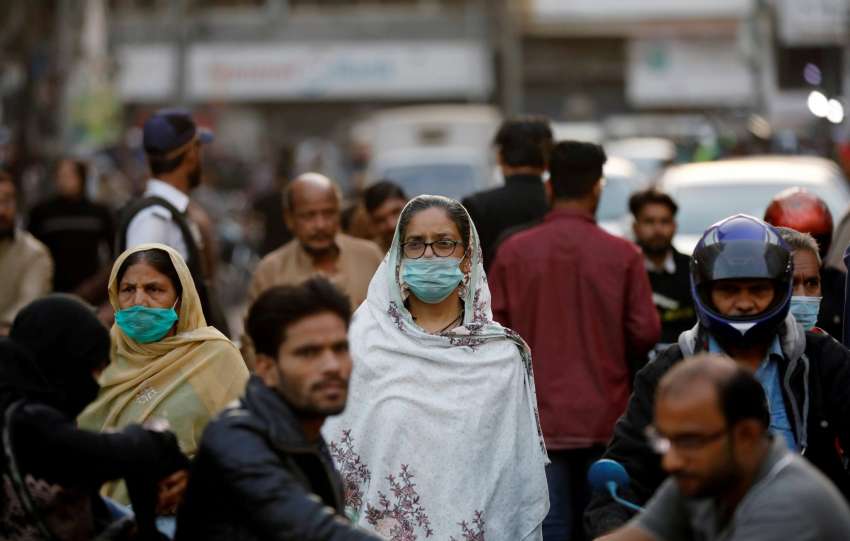The foods you consume play a significant role in your overall health, including the health of your kidneys. Certain foods can be particularly harmful to your kidneys if eaten in excess, especially for those with pre-existing kidney issues. Here, we explore foods and dietary habits that may contribute to kidney damage:

1. High-Sodium Foods
Excessive sodium intake can lead to high blood pressure, which strains the kidneys. Foods high in sodium include processed foods, canned soups, and salty snacks. Reducing your intake of these foods can help maintain better kidney function and overall health.
2. Processed Foods
Processed foods often contain high levels of sodium, additives, and preservatives, all of which can negatively impact kidney health. These foods are typically low in essential nutrients and high in unhealthy fats and sugars, making them a poor choice for maintaining optimal kidney function.

3. Red Meat
While protein is necessary for bodily functions, too much red meat, particularly processed varieties like sausages and hot dogs, can be detrimental to kidney health. High protein intake can overwork the kidneys, especially in individuals with existing kidney problems. Lean meats and plant-based proteins are healthier alternatives.
4. Sugary Foods and Beverages
A diet high in sugar, especially from sugary drinks, has been linked to an increased risk of kidney disease. Sugar contributes to obesity and diabetes, both of which are significant risk factors for kidney damage. Reducing the consumption of sugary foods and beverages can help protect your kidneys.
5. High-Potassium Foods
Potassium is essential for bodily functions, but too much potassium can be harmful, particularly for those with kidney issues. Foods high in potassium include bananas, oranges, potatoes, and tomatoes. People with kidney problems often need to monitor and limit their potassium intake to prevent complications.
6. Phosphorus-Rich Foods
Phosphorus is another essential nutrient that can become problematic in excess, especially for those with advanced kidney disease. Foods high in phosphorus include dairy products, nuts, and certain whole grains. Managing phosphorus intake is crucial for individuals with kidney concerns to prevent further damage.
7. Alcohol
Excessive alcohol consumption can lead to dehydration, which stresses the kidneys. Additionally, alcohol can contribute to high blood pressure and liver problems, both of which indirectly affect kidney function. Moderation is key to avoiding these potential issues.
8. Caffeine
While moderate caffeine consumption is generally safe, excessive intake can lead to dehydration, which is not ideal for kidney health. Staying hydrated is essential for maintaining healthy kidney function, so monitoring caffeine intake is advisable.
9. Certain Medications
Some over-the-counter and prescription medications, including non-steroidal anti-inflammatory drugs (NSAIDs), can harm the kidneys if used excessively or over long periods. It’s important to use these medications as directed and consult with a healthcare provider about any potential risks.

The Role of Hydration
Proper hydration is crucial for kidney health. Water helps flush out toxins and waste products from the kidneys. Drinking adequate amounts of water daily supports kidney function and overall health. It’s generally recommended to drink at least 8 glasses of water a day, but individual needs can vary.
Balancing Your Diet
Maintaining a balanced diet that includes a variety of nutrients is essential for kidney health. Focus on whole foods, such as fruits, vegetables, whole grains, lean proteins, and healthy fats. Avoid processed foods and those high in sodium, sugar, and unhealthy fats.
Regular Check-Ups and Monitoring
Regular medical check-ups are vital for detecting any potential kidney issues early. If you have a pre-existing condition that affects kidney function, such as diabetes or high blood pressure, closely monitoring your health and following your doctor’s advice is crucial. Blood tests and urine tests can help assess kidney function and catch any problems before they become serious.
Positive Conclusion
Protecting your kidneys starts with mindful eating and lifestyle choices. By moderating your intake of high-sodium, sugary, and processed foods, you can significantly reduce the risk of kidney damage. Embracing a balanced diet rich in whole foods, staying hydrated, and being cautious with medications can go a long way in maintaining healthy kidney function. Regular health check-ups and early intervention are also key to preventing kidney issues from worsening.
Taking proactive steps to safeguard your kidney health can lead to better overall well-being and a higher quality of life. Making small, consistent changes to your diet and lifestyle can have a profound impact, ensuring that your kidneys remain healthy and functional for years to come.






